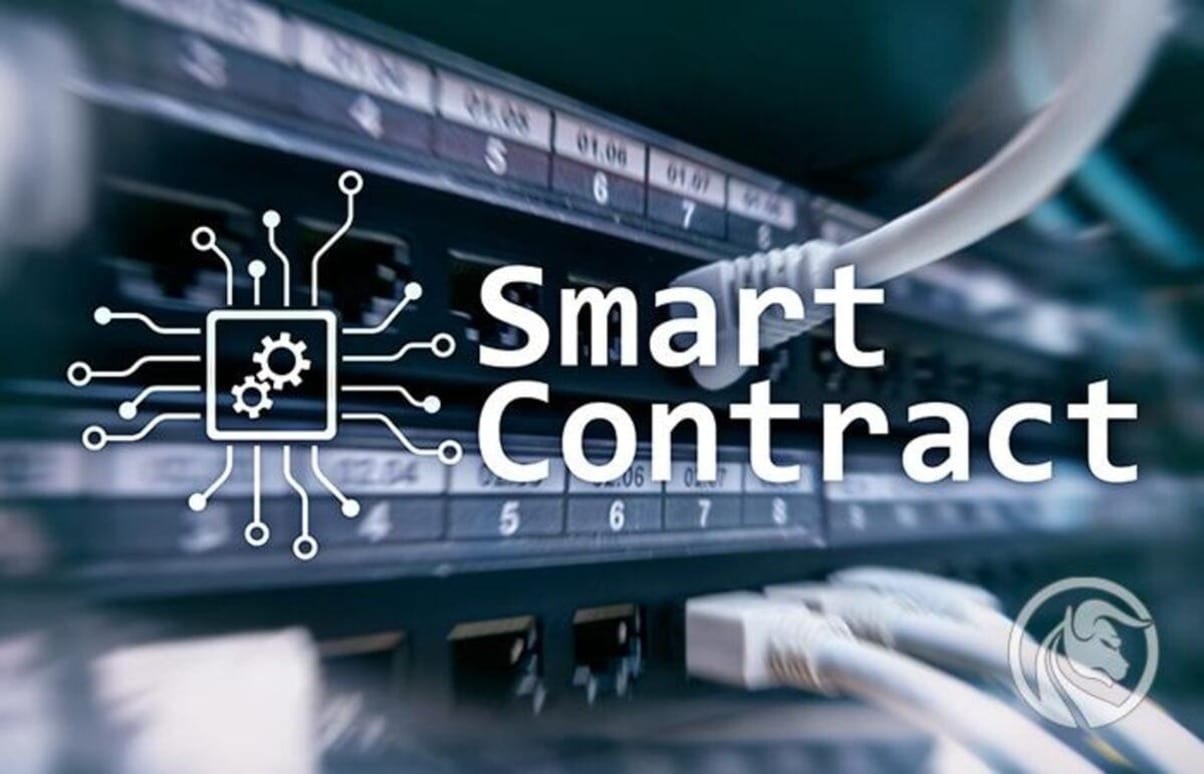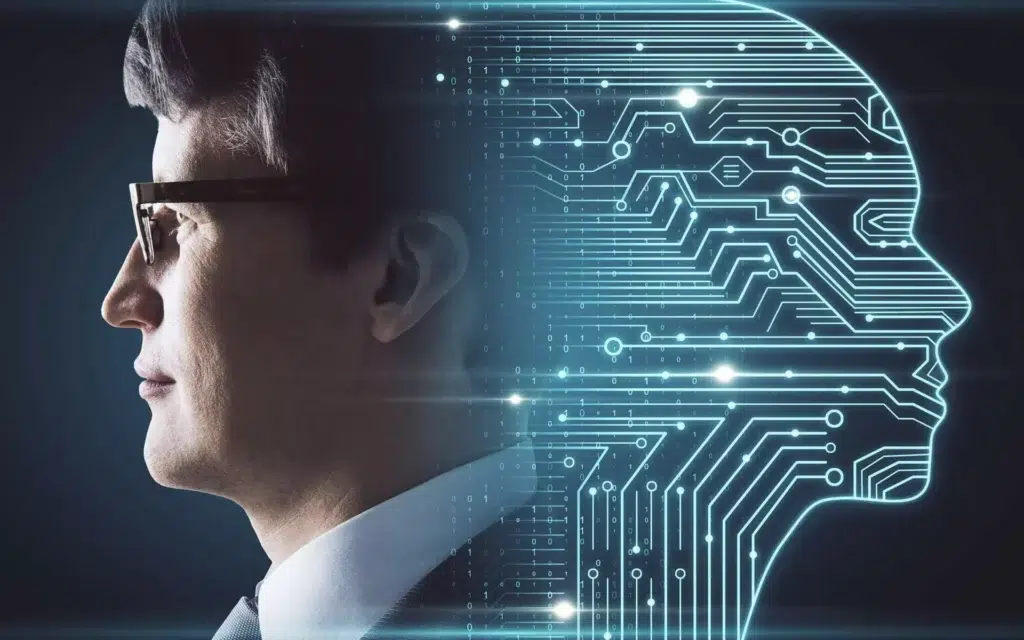All about smart contracts

One of the best examples of digital transformation we are experiencing today is the concept of smart contracts. They have transformed traditional contract signing processes into efficient, convenient and secure steps. In this article I tell you more about smart contracts. You will see how to implement them in your business and what these advantages are.
?? What is a smart contract?
The concept "smart contract" was first formulated by the engineer Nick Szabo in 1994. He defined it as “a computer capable of executing the protocol clauses of a contract”.
To explain it in a simple way, Szabo himself used the example of vending machines, where one of the parties inserts a coin into the slot, then selects a product and the machine finally delivers it to him.

Get 200% Bonus after your first deposit. Use this promo code: argent2035
Now imagine this same functionality with financial products, but instead of using an ATM, we will use a virtual machine that resides on a blockchain.
This is where our imagination can run wild. It's not uncommon to hear some smart contract gurus speak of a philosopher's stone capable of solving virtually all of humanity's problems, from corruption to global poverty. Unfortunately, it won't be like that.
Article to read: The infallible secrets to quickly pay off your debts
A smart contract is nothing more than a small computer program. What essentially differentiates them from other programs is their ability to transfer value (money or other digital assets) natively and without the need for intermediaries. Smart contracts are part of the same trend as fintech.
?? What are smart contracts?
They are self-executing digital documents that use technology to ensure execution of signed agreements. They are also known as smart contracts. Before a document is generated, its terms and penalties are programmed.
When the parties sign the agreement online, the requirements are activated automatically, making it easier to bill and track processes.
The validation of the rules of the smart contract is done via the blockchain. Blockchain tracks data shared by one or both parties, allowing direct communication and providing more security to the process with encryption. With information automatically updated in the agreement, appropriate actions are taken without risk of change or fraud.
Article to read: What does a financial analyst do?
Smart contracts have 3 characteristics, as defined by lawyer and cryptographer Nick Szabo.
- Observability, which is the ability to monitor performance of the contract;
- verifiability, by which the execution of the document is proven; Yes
- Confidentiality, ensuring that only managers have access to process execution.
By using this method, the company is free from intermediary institutions and has greater freedom to manage its affairs in the way it deems most efficient and correct with the customer or supplier. In addition, without the risk of losing the document or having a bureaucratic billing or processing problem.
?? What is the purpose of smart contracts?
By using smart contracts, organizations attempt to automate the secure execution of contract terms and rules. In other words, it allows digital tracking of chords from the start. The generation of documents automatically includes payment data after their electronic signature.
Smart contracts also aim to allow the user to control contract expiration, generate reminders, and perform search using artificial intelligence in the document. In addition, they offer a different language than the legal vocabulary.
Article to read: What is passive income and how to build it?
As everything is done with programming, the clauses must be clear so that the system can interpret and follow the recommendations. This eliminates questionable points and reduces manual errors in contract management, making the new method safer and more reliable than the conventional method.
?? How to apply the smart contract?
There are different technologies that allow a company to properly follow its clauses and rules. Insurance contracts, for example, require an information base to know the degree of risk and an integrated payment system to automatically release compensation upon receipt of information relating to the claim.

There are other tools that can also be applied. They are :
1.Artificial Intelligence
Every technology that enables automation, digitalization and intelligence is well integrated into the world of smart contracts. By integrating with artificial intelligence systems, you can identify the associated risk and even block the conclusion of a contract, for example. Check out this article to learn more about artificial intelligence.
2. Guided form
The Guided Form can be used to direct affected parties to the best type of settlement for a particular case. This improves the accuracy of information and enables faster responses, reducing the time between document creation and signing.
3. Electronic payments
Electronic payments allow automatic collection or settlement of payment at the end of a contract if a payment delay related to the document is identified.
4. Reactive signing
Responsive signing, a feature that allows access from any device, regardless of screen size or original format. It's without zooming or complicated actions to view the contract, which makes signing a deal quick and easy.
In fact, using this digital process in your business will speed up document-related invoicing. With the web-connected app, you can monitor data and take action relevant to the terms of the contract.
Everything will depend on the type of control your company needs to follow the applicable clauses and rules. Different technologies must be acquired, such as an information database to regulate a contract, integrations with third-party systems and the digital formalization of contracts.
Article to read: Economic intelligence: everything you need to know
With these types of checks, there is no paperwork involved in validating agreements. You will reduce errors in contract management, in addition to having an easier time reading a contract.

Get 200% Bonus after your first deposit. Use this official Promo code: argent2035
?? Benefits of Using Smart Contracts or Smart Contracts
- Autonomy: you are the one who makes the deal; there is no need to rely on a broker, lawyer or other intermediaries to confirm this. The danger of manipulation by a third party is eliminated.
- Trust : your documents are encrypted in a shared registry.
- Backup: your documents are duplicated several times.
- Security: cryptography, website encryption, protect your documents.
- Speed: smart contracts use software code to automate tasks. They thus reduce the number of hours for a number of business processes.
- Savings: smart contracts allow you to save money by eliminating the presence of a middleman. For example, you will have to pay a notary to witness your transaction.
- Accuracy: Not only are automated contracts faster and cheaper, but they also prevent errors.
?? Applications of smart contracts
Contracts can be applied in new forms of financing and crowdfunding. For example, we have the issuance of tokens on the Ethereum network with ERC20 type contracts, the creation of payment channels such as those used by the Lightning Network or the decentralization of the collaborative economy.
In addition, there is the possibility of making assurances related to inputs outside the blockchain, via oracles or services that “inject” data from the outside world into the blockchain so that it can be used by smart contracts.
However, smart contracts also pose new challenges from a legal perspective. They are not subject to any specific jurisdiction and are not subject to interpretation.
What lawyers and engineers agree is that blockchains will bring with them new opportunities. They also bring new economic models and a radical change capable of improving the processes in which the intermediaries are struggling.
















Leave comments